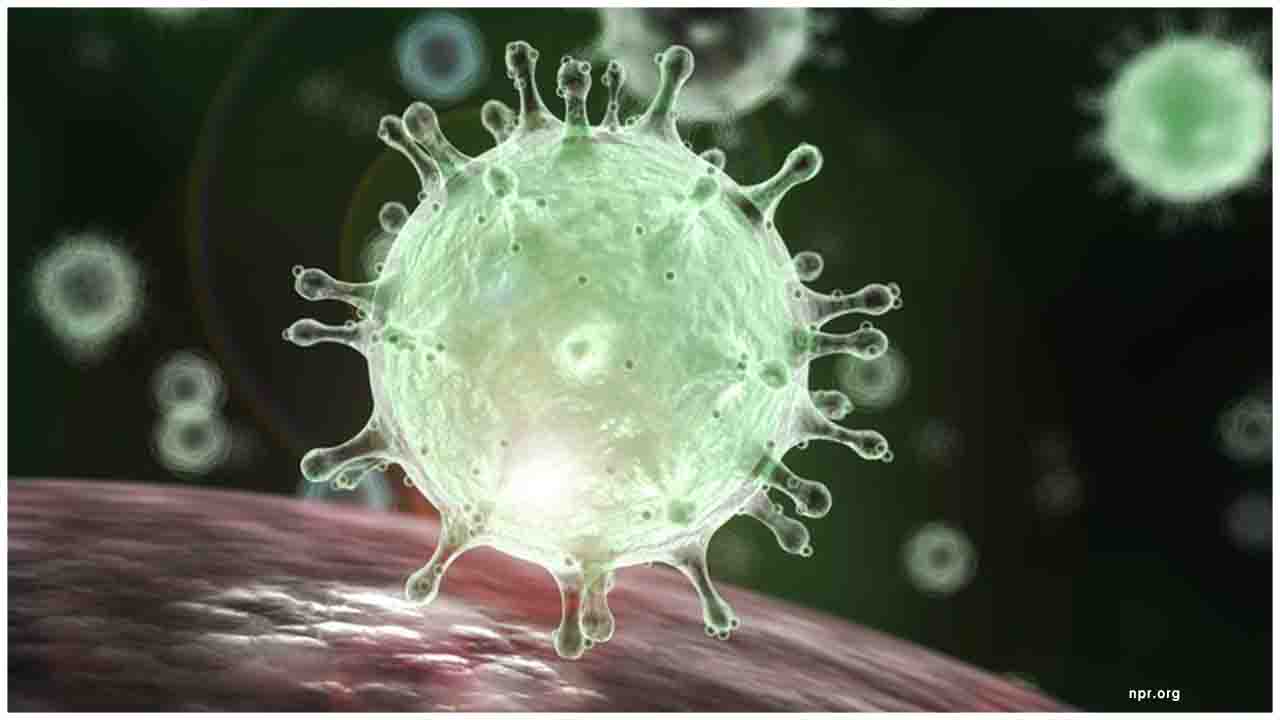Coronavirus has not mutated to become more infectious, according to a scientific study that debunks a widespread theory.
Most coronavirus cases seen globally feature a specific genetic mutation called D614G which is different from the original strain that emerged in Wuhan last year and experts feared was more infectious than the original version.
But UCL researchers looked at more than 46,723 cases of Covid-19 from 99 countries and assessed how mutations appeared and if they altered transmissibility.
Scientists identified 12,706 total mutations in SARS-CoV-2 — the virus which causes Covid-19 — and none of them was found to boost infectivity.This includes D614G which is found on the spike of the coronavirus and allows it to bind to human cells, a mechanism which allows it to infect people.
Other academics doing lab studies, not genetic reviews, had previously found D614G made the virus more infectious but the UCL researchers believe it became dominant by chance, not by design.
They say their conclusions may disagree with previous findings due to different methodologies and that D614G became so prevalent because it was an early mutation which happened to get carried around the world in the early days of the pandemic, not because it is more infectious.
UCL scientists found the D614G mutation in 77.8 per cent of all cases but say it does not make the virus more infectious +3
UCL scientists found the D614G mutation in 77.8 per cent of all cases but say it does not make the virus more infectious
The study, published in the journal Nature Communications, explains mutations in coronaviruses can develop in three different ways.
These are mistakes resulting from copying errors as the virus replicates inside the human body; through interactions with other viruses infecting the same cell; and changes induced by the host's or a person's own immune system.
Most mutations to SARS-CoV-2 are due to the latter, the researchers discovered.
First and corresponding author Lucy van Dorp, of UCL Genetics Institute, added: 'Fortunately, we found that none of these mutations are making Covid-19 spread more rapidly, but we need to remain vigilant and continue monitoring new mutations, particularly as vaccines get rolled out.'
Based on a modelling of the virus's evolutionary tree, the scientists said they found no evidence any of the common mutations are increasing the virus's transmissibility.
Instead, they found most common mutations have a neutral impact on the virus, neither hindering or enhancing its ability to spread.
This includes D614G, which is by far the most common strain of coronavirus affecting humans worldwide.
In a bid to explain how D614G became so dominant if it is not by being more infectious, researchers Professor Francois Balloux and Dr Lucy van Dorp told MailOnline: 'The first genomes sampled were mostly of the 614D type, but we've been observing the D614G mutation since mid-January with the first reports in China.
'The increase in the frequency of the [original] 614G variant in places such as the UK or the US could be largely due to demographic processes (i.e. with the 614D and 614G variants being equally transmissible but not introduced at the same rate).
'For example, transmission in France and Northern Italy are known to have happened since Nov/Dec 2019.
'We do not have many early SARS-CoV-2 genomes from these populations, but 614G was likely common (if not dominant) in places such as Northern Italy from the start.
'Viral strains from these early epidemics have been introduced many times into other countries. For example there have been more than 1,000 introductions from abroad into the UK.
'The constant introduction of 614G strains could explain why we're seeing more of them now. As such, the 614G variant is likely to be a "neutral hitchhiker" on the lineages that spread worldwide rather than the driver of the spread.'
Story Source: https://www.dailymail.co.uk/sciencetech/article-8985537/Coronavirus-mutations-not-speeding-spread-say-scientists.html

 University College London's Genetics Institute ran the study through 13000 coronavirus mutations
University College London's Genetics Institute ran the study through 13000 coronavirus mutations




















.jpeg)

.jpeg)










.jpg)




.jpg)

